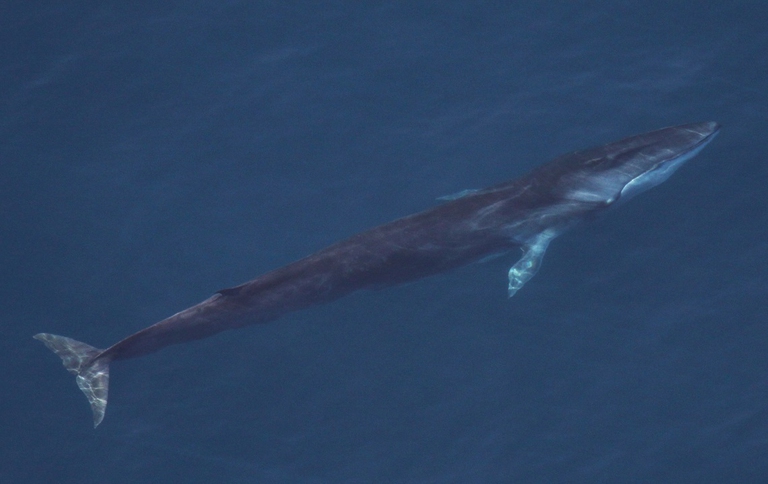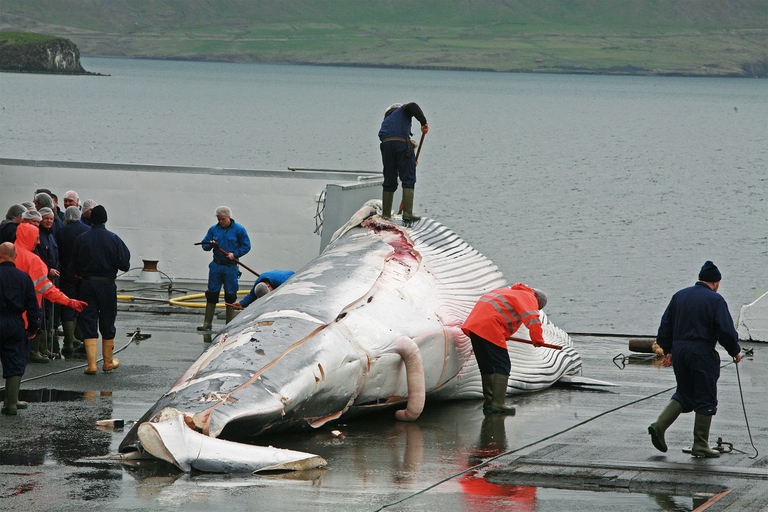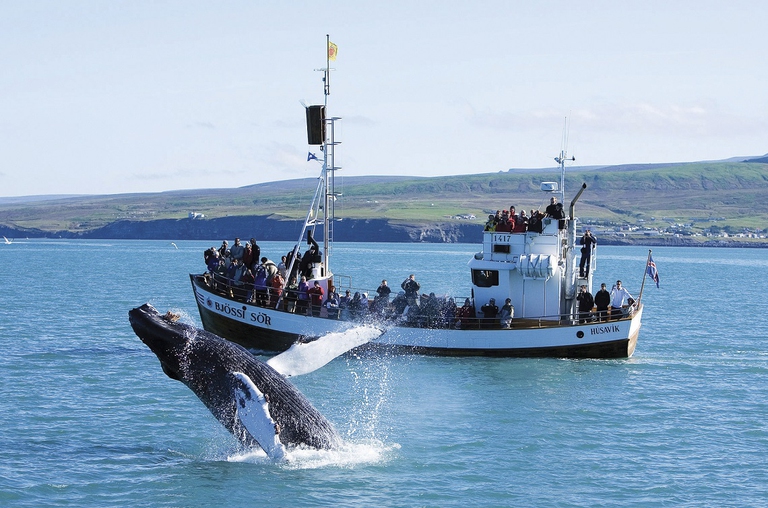
A group of experts in Tokyo suggested pouring radioactive water from Fukushima into the open sea. A marine biochemist explains the consequences of this absurd decision.
L’Islanda ha annunciato che quest’anno non aprirà la caccia alle balenottere. La scelta è di carattere economico, l’esportazione di carne di balena è infatti sempre più difficoltosa.
Iceland, along with Japan and Norway, is one of the countries that continue violating the moratorium issued by the International Whaling Commission (IWC) in 1986, which bans whaling for commercial purposes. Moreover, the Nordic country is the only in the world to hunt fin whales (Balaenoptera physalus), cetaceans threatened with extinction.
Last year alone, Iceland killed over 150 fin whales, for a total of 706 individuals hunted since 2006, when the country resumed commercial hunting. However, no fin whale will be killed in Iceland in 2016, as announced by Kristjan Loftsson, director at Iceland’s largest whaling company, Hvalur HF.
What led to this decision were not ethical but economic reasons: Icelanders don’t eat fin whales, the animals are only hunted to be sold on the Japanese market. Exports are more and more difficult due to several factores, including logistics, the opposition of international ports to the transit of whale meat, Japan’s decreased consumption, and an increased international community’s opposition to whaling.
The news was greeted by great enthusiasm from environmental associations and whale lovers. “This is great news for whales and for all those who opposed this useless and pointless hunt,” said Greenpeace.
Despite it represents a positive step, it is only for fin whales. In fact, the hunting of common minke whales (Balaenoptera acutorostrata) will start as of May. Fin whales will thus swim fearlessly, unlike their cousins.
However, a positive trend is being registered: only 3 per cent of Icelanders claimed they regularly eat whale meat, and the percentage of tourists who ate it halved over the past 5 years, from 40 per cent in 2009 to 18 per cent in 2014.
Whale watching represents one of Iceland’s main touristic attractions and generates more than 11 million euros a year, attracting over 200,000 tourists annually. Whales are worth more when alive and it is way better admiring them in the wild, rather than on our dining tables.
Siamo anche su WhatsApp. Segui il canale ufficiale LifeGate per restare aggiornata, aggiornato sulle ultime notizie e sulle nostre attività.
![]()
Quest'opera è distribuita con Licenza Creative Commons Attribuzione - Non commerciale - Non opere derivate 4.0 Internazionale.
A group of experts in Tokyo suggested pouring radioactive water from Fukushima into the open sea. A marine biochemist explains the consequences of this absurd decision.
The decline in grey and humpback whales in the Pacific and Atlantic Oceans has been traced to food shortages caused by rising ocean temperatures.
The United Nations has launched a major international alliance for ocean science, undertaking a mission close to all our hearts.
The cargo ship that ran aground off the coast of Mauritius on 25 July, causing incalculable damage, has split in two and its captain has been arrested.
The largest coral reef in the world is severely threatened by climate change, but researchers are developing strategies that could contribute to saving the Great Barrier Reef.
Seychelles have extended its marine protected area, which now covers over 400,000 square kilometres, an area larger than Germany.
Norwegian oil giant Equinor had pulled out of drilling for oil in the Great Australian Bight, one of the country’s most uncontaminated areas. A victory for activists and surfers who are now campaigning for the area to be protected forever.
30 per cent of the planet needs to be protected to stop precipitous species decline. The UN has set out its aims for the the COP15 on biodiversity scheduled for Kunming, China in October.
Ocean warming has risen to record highs over the last five years: just in 2019 the heat released into the world’s oceans was equivalent to that of 5-6 atomic bombs per second. The culprit, no doubt, is climate change.










